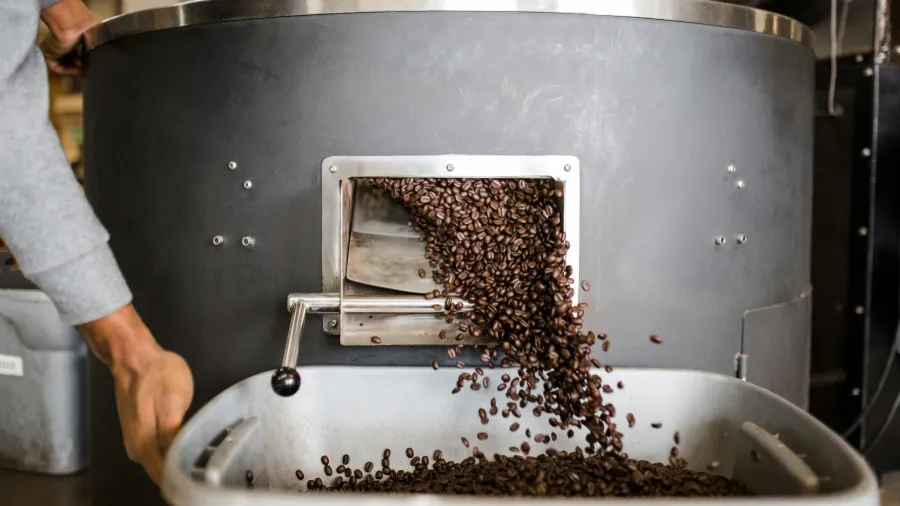
F&B industry underinsured against business interruption
29% said they are covered for property damage from extreme weather only.
Nearly half of food and beverage companies (48%) cite business interruption as their biggest internal risk, followed closely by supply chain risk (40%). Yet, only 29% reported their insurance only covers property damage from extreme weather, with no cover for business interruption.
WTW’s 2024 Global Food and Beverage Risk Outlook found that companies are understandably cautious in their outlook, with more than 4 in 10 (41%) prioritising increased liquidity over the next two years to manage potential shocks.
“The food and agriculture industry is one of the most important sectors in Australia and contributes significantly to the country’s economic growth. It has an international reputation for producing, safe high-quality products and is a strong exporter of products across various categories to global markets,” Ian Poustie, Food and Beverage Industry Lead for Australasia at WTW said.
“However, the industry is exposed to a widening range of disruptive forces, from droughts and natural disasters to trade disputes and regulatory changes, as well as perennial risks such as product recalls, factory and warehouse fires,” he added.
Other strategic objectives include reducing costs (38%) and stabilising the business (35%).
Rapid changes in consumer tastes and preferences are also a concern, with a third of companies (36%) identifying this as a risk.
However, it also presents an opportunity as firms pivot to align with the latest consumer trends. More than half of businesses (53%) see embracing sustainability and health and wellness as a leading opportunity.
Compared to 2022, there is less enthusiasm for plant-based meat substitutes and increased interest in gut health, nutrition, and sustainable production.
Despite these challenges, food and beverage businesses are taking steps to build resilience. Nearly half (47%) review their business continuity plans every six months, while 31% do so quarterly.
WTW’s report surveyed 400 global senior decision-makers in risk management within leading food and beverage companies, including those in the Asia Pacific, in January 2024.



















 Advertise
Advertise


